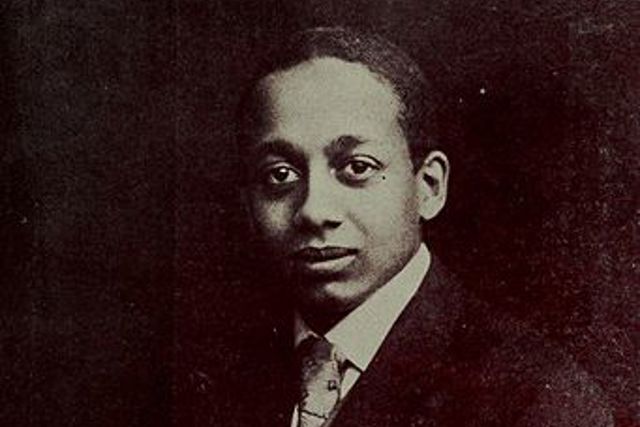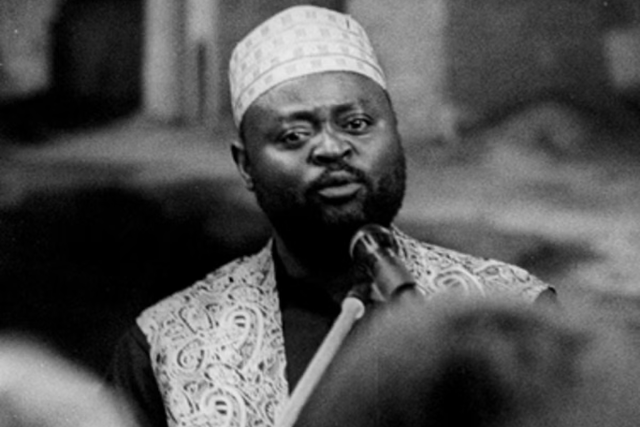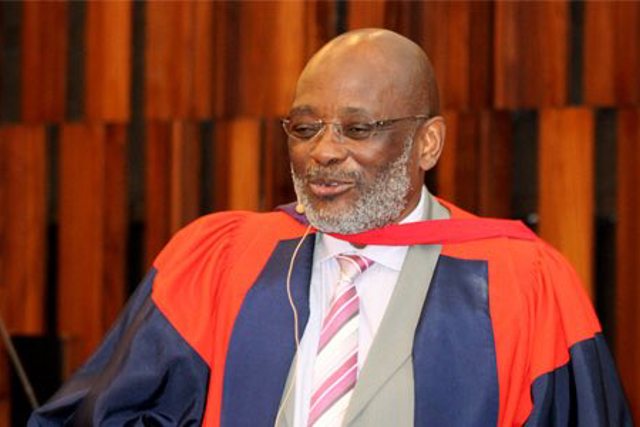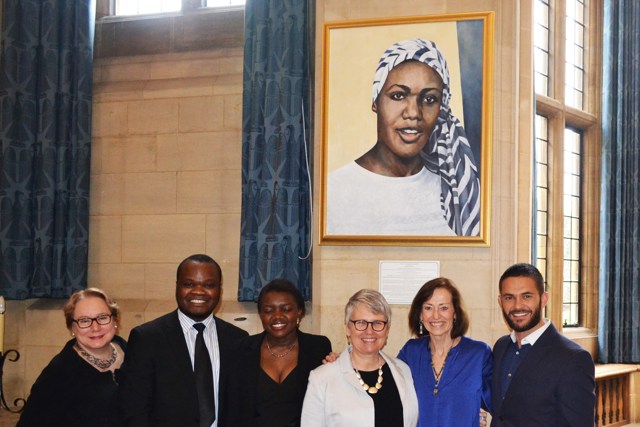Today, Black Scholars of African descent – from Africa, the Caribbean, and North America – comprise 20% of recent cohorts, and over half of Scholars in residence are People of Colour, making our Scholar community more truly reflective of the world. Our Black Scholars, Indigenous Scholars, and Scholars of colour contribute in so many ways to Oxford and Rhodes House. Their research and writing, leadership and service, artistic and athletic talent, commitment to community and passion for a better world are tremendously impactful.

Many Scholars have played leadership roles in this struggle to break barriers and make the Scholarship a more just and diverse community. For example, Rhodes’ will explicitly limited the Scholarships to men, and it took years of activism and an Act of Parliament for women to finally become eligible in 1977. The issue of race is more complicated. The Will stated that “No Student shall be qualified or disqualified for election to a Scholarship on account of his race or religious opinions.” While Rhodes himself may not have envisioned Black Scholars when writing this, the first Black Rhodes Scholar, Alain Locke, was selected out of the United States in 1907, in just the fourth cohort of Rhodes Scholars. He went on to forge an extraordinary career, becoming one of the fathers of the Harlem Renaissance.
Image Left: Alain Locke

In the ensuing years, Black Scholars were selected out of several constituencies. They included such towering figures in the anti-colonial struggle and in race theory as Jamaican National Hero and Premier Norman Manley (1914); Jamaican-British sociologist and theorist of race and multiculturalism Stuart Hall (1951), and Nigerian Scholar Tajudeen Abdul-Raheem (1983), Secretary-General of the Pan-African Movement. But entrenched racism within and beyond the Rhodes community resulted in a gap of 56 years before the next two African-American Black Rhodes Scholars were selected in 1963, Stan Sanders and John Edgar Wideman.
Image Right: Tajudeen Abdul-Raheem

Racial barriers also took a very long time to fall in South Africa. In 1970, 85 Rhodes Scholars signed a petition denouncing the allocation of certain South African Scholarships exclusively to Whites as a “stark evil” and “intolerable example of the most extreme form of racial prejudice.” These efforts led to the creation of the new South Africa-at-Large Scholarship and the selection of the first non-white South African Rhodes Scholars, Ramachandran Govender in 1977 and Loyiso Nongxa in 1978. Nongxa, a former Vice-Chancellor of the University of Witwatersrand, is now Chair of the National Research Foundation of South Africa.
Image Left: Professor Loyiso Nongxa

The Rhodes Trust also celebrates the many wonderful ways our Black Rhodes alumni have fulfilled the promise of the Rhodes Scholarship - a very brief selection includes PEN/Faulkner Award winning writer John Edgar Wideman, Zambian lawyer and civil rights activist Lucy Banda-Sichone, Zimbabwean entrepreneur David Hatendi, former U.S. National Security Advisor Susan Rice, social entrepreneur and author Wes Moore, U.S. Magistrate Judge (and Rhodes Trustee) Karen Stevenson, Jamaican Finance Minister Nigel Clarke, Zimbabwean opposition politician Arthur Mutambara, Zimbabwean HIV researcher (and Rhodes Trustee) Tariro Makadzange, and Senator Cory Booker.
Image Right: Presenting the portrait of Lucy Banda-Sichone

